8 Beneficial Insects You Need in Your Garden for Natural Pest Control

Are you tired of using chemical pesticides to keep pests at bay in your garden? There's a better way! By attracting beneficial insects, you can naturally control pests without harming the environment or beneficial insects.
Here are 8 beneficial insects you should invite to your garden and the plants that can attract them:
- Ladybugs: These cute little beetles love to eat aphids, mites, and other soft bodied insects. Plant yarrow, dill, and fennel to attract them.
- Lacewings: Lacewings' larvae feed on aphids, mites, and other small insects. Plant marigolds, sweet alyssum, and sunflowers to attract them.
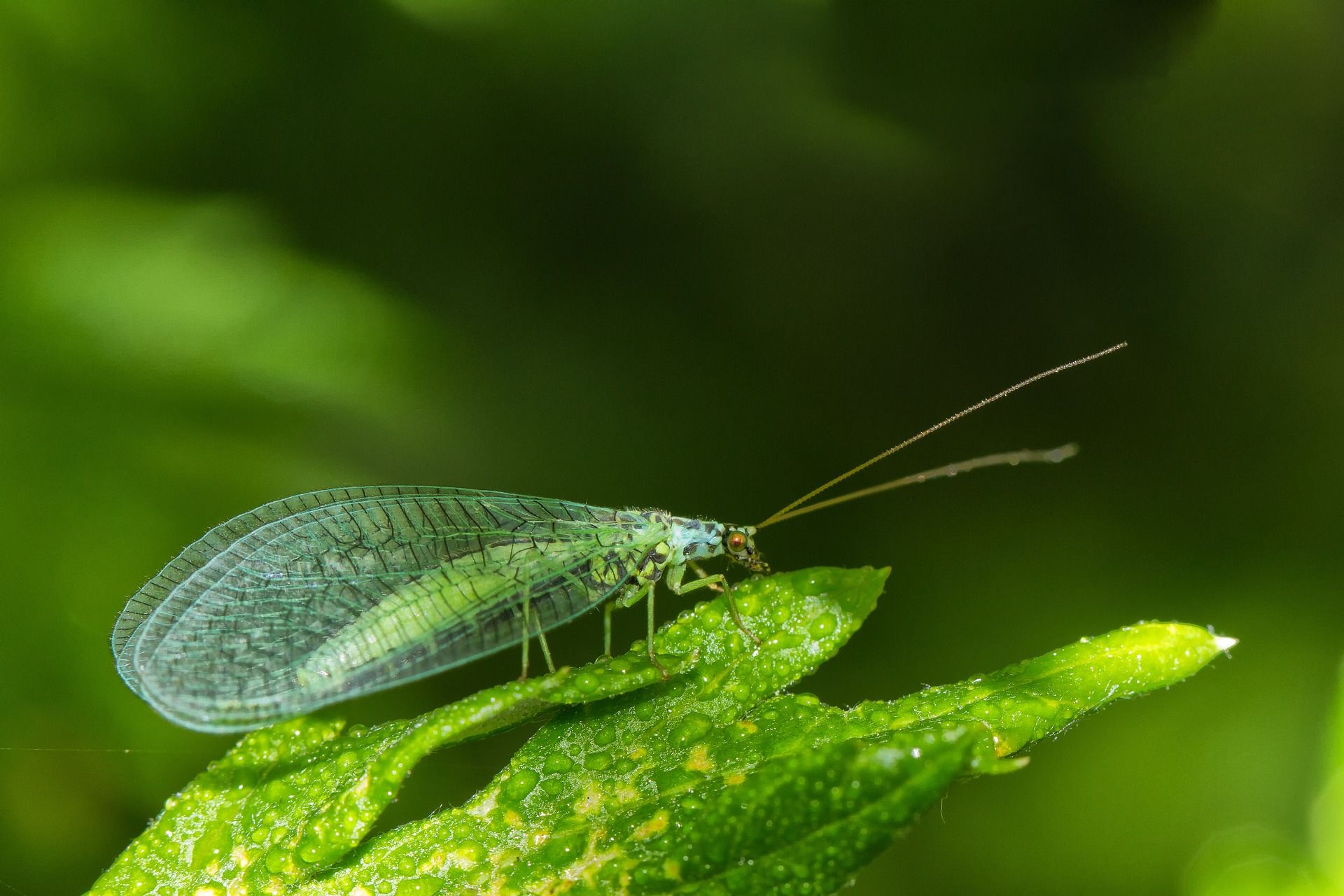
3. Hoverflies: Hoverflies look like small bees but don't sting. Their larvae feed on aphids, thrips, and other small insects. Plant dill, fennel, and yarrow to attract them.
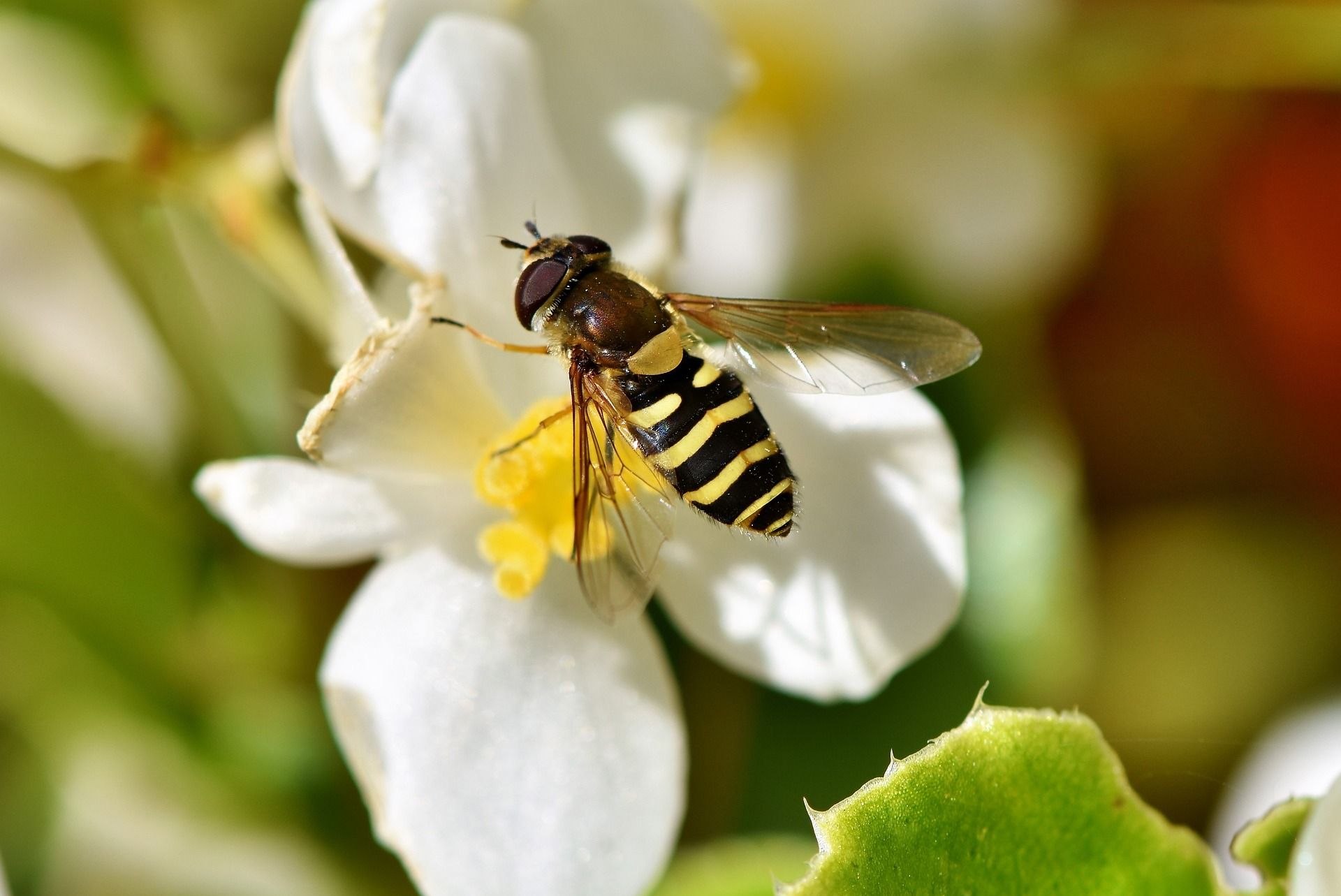
4. Praying Mantises: These fascinating insects eat a wide variety of pests, including beetles, moths, and crickets. Plant cosmos, dill, and fennel to attract them.
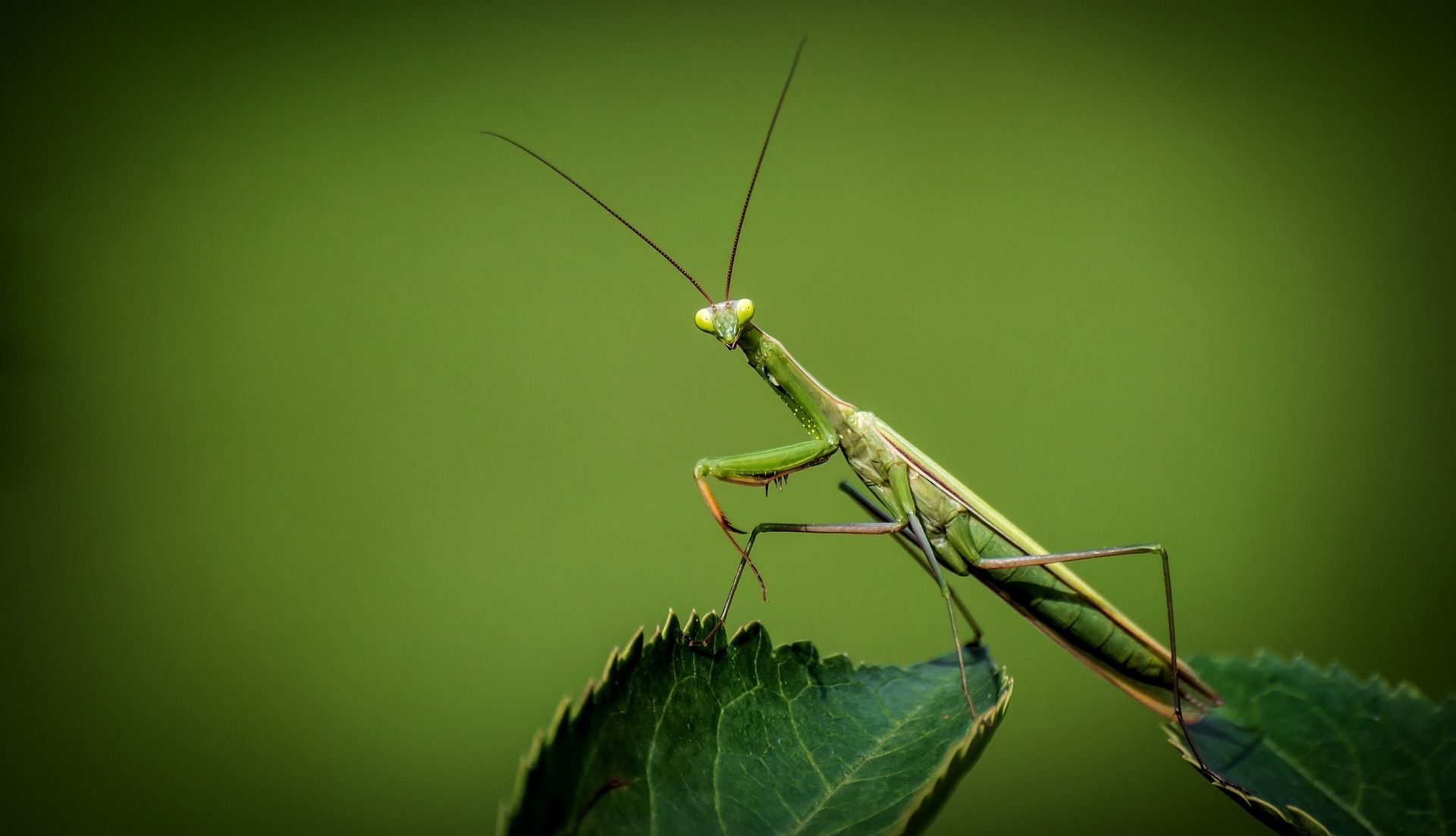
5. Braconid Wasps: Braconid wasps are parasitic and lay their eggs inside other insects, killing them. Plant parsley, dill, and fennel to attract them.
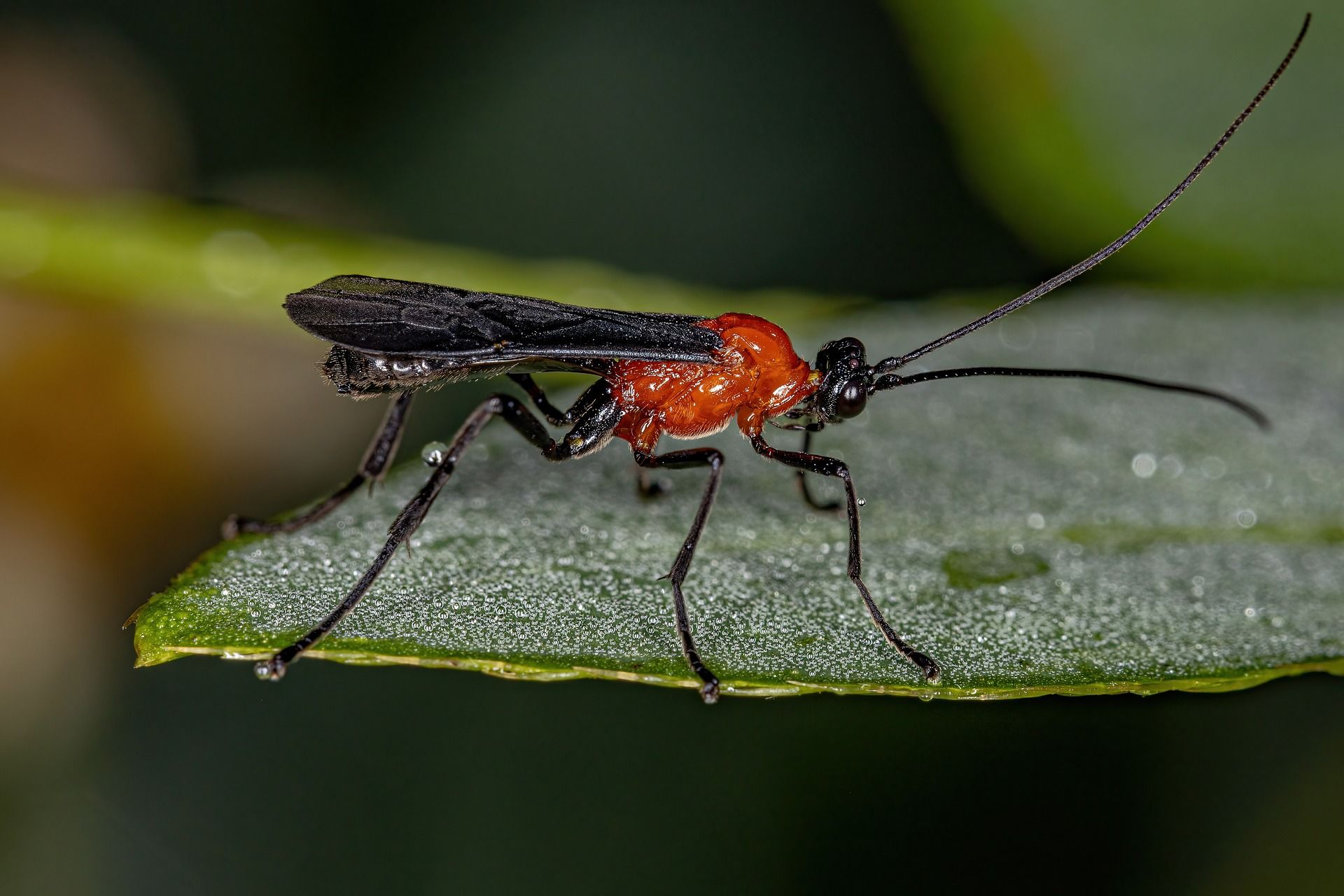
6. Ground Beetles: Ground beetles eat a wide variety of pests, including slugs, snails, and caterpillars. Plant clover, yarrow, and sweet alyssum to attract them.
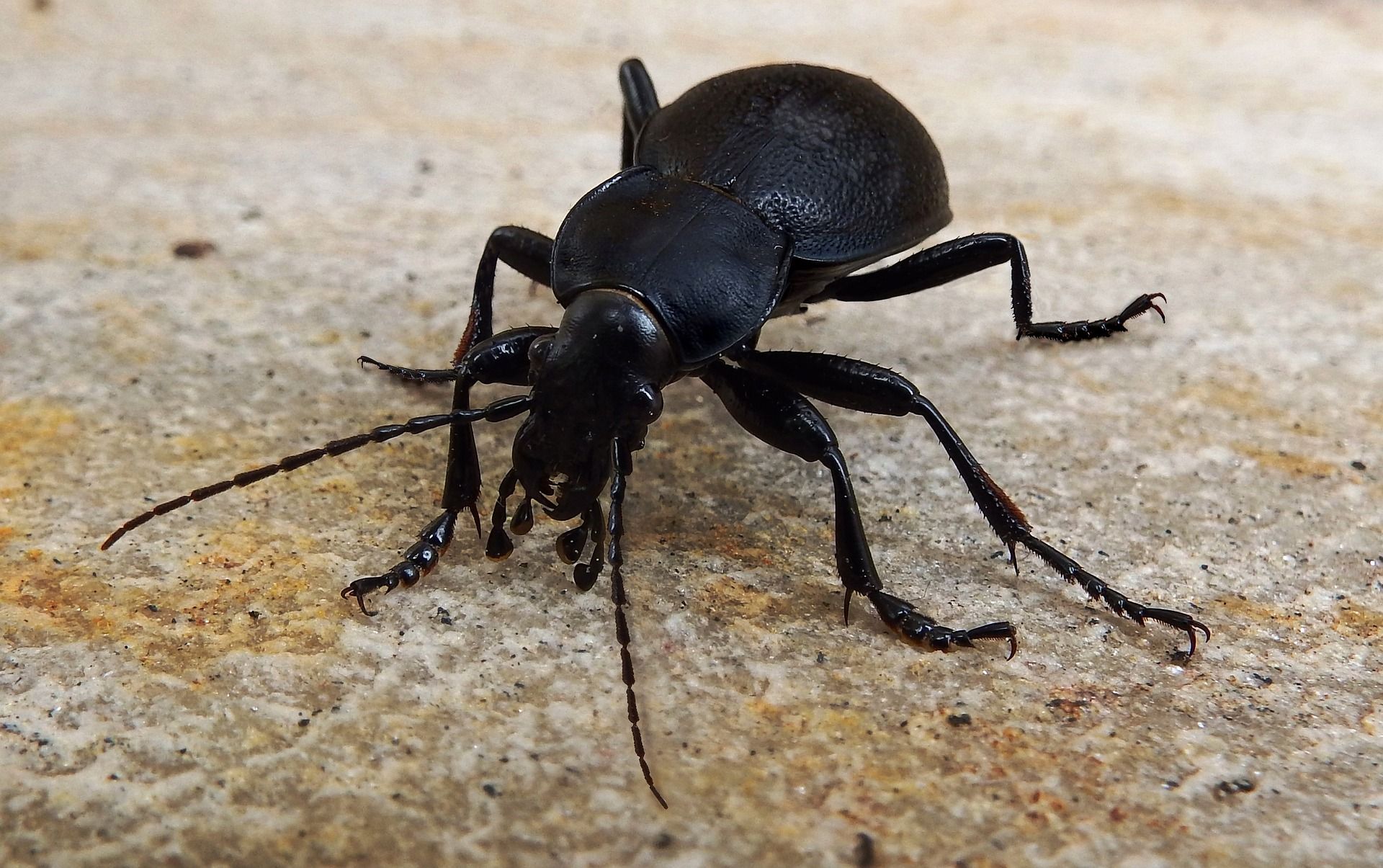
7. Tachinid Flies: Tachinid flies lay their eggs on caterpillars and other pests, killing them. Plant sweet alyssum, dill, and fennel to attract them.
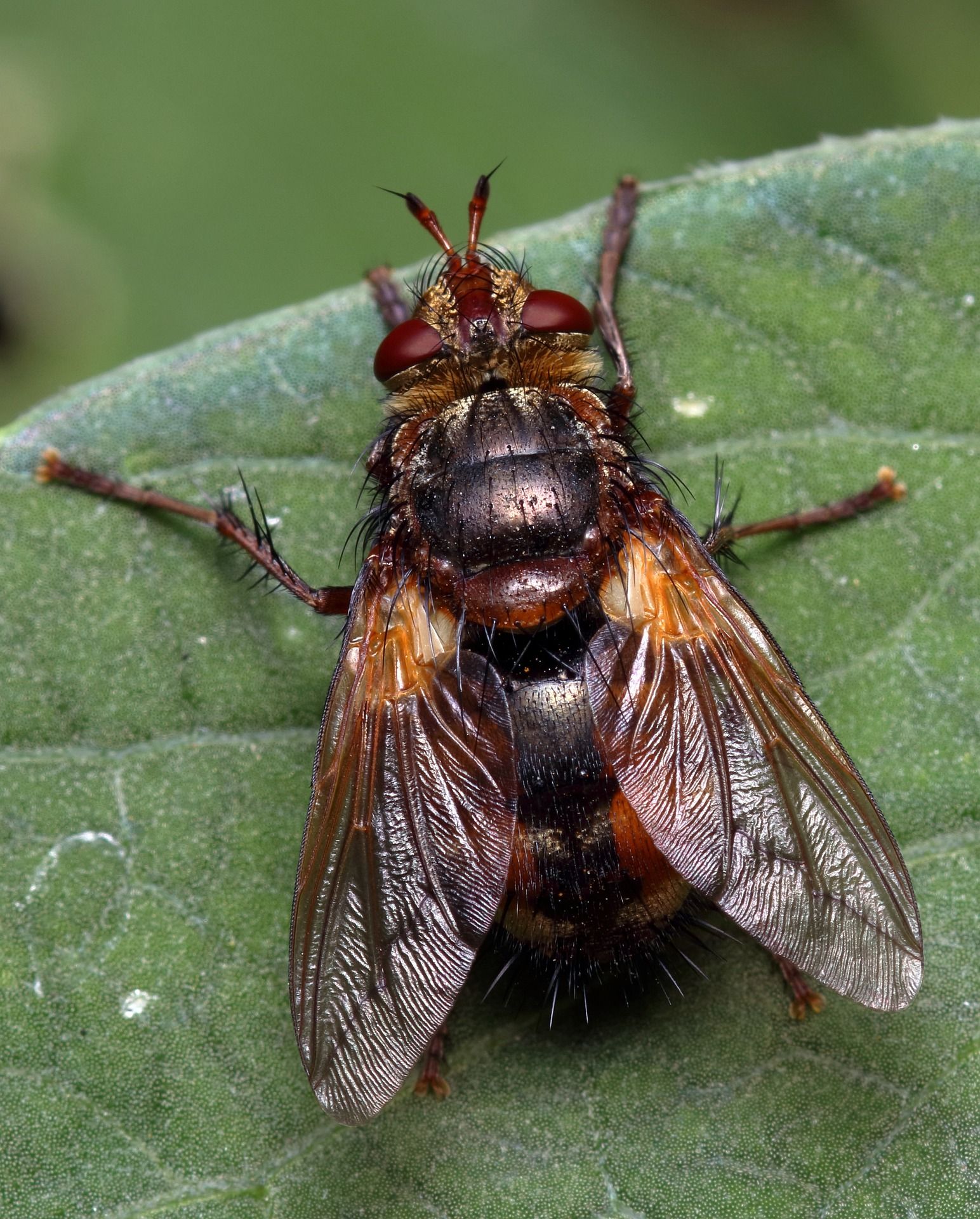
8. Soldier Beetles: Soldier beetles feed on aphids, mites, and other soft-bodied insects. Plant sunflowers, marigolds, and sweet alyssum to attract them.
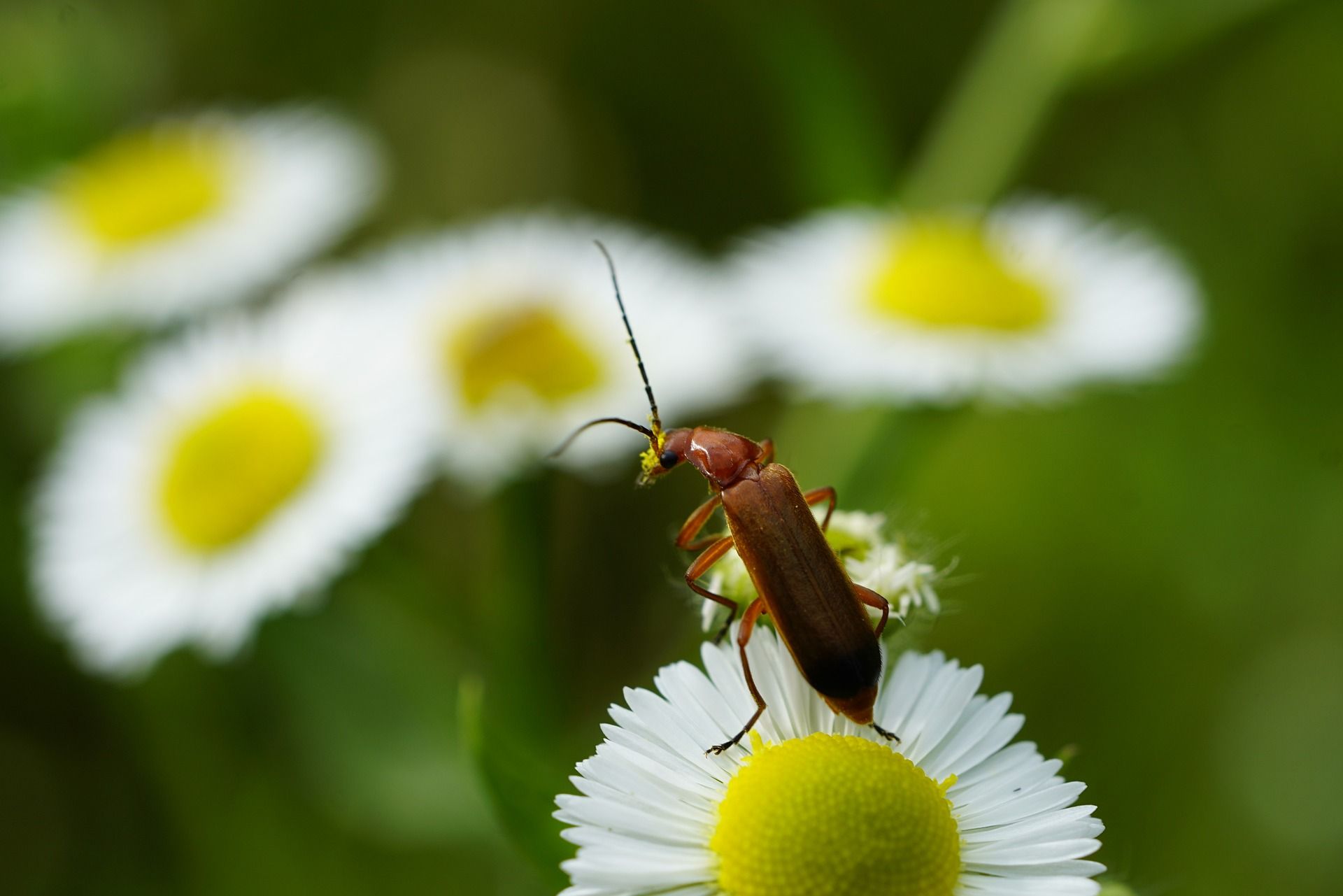
By planting these flowers and herbs in your garden, you'll be providing the perfect habitat for these beneficial insects. They'll help keep pests under control without any harmful chemicals. It's a win-win situation!
In addition to attracting beneficial insects, here are some other tips to reduce pest problems in your garden:
- Practice crop rotation to avoid building up pests in the soil.
- Keep your garden clean and free of debris to reduce pest habitats.
- Use row covers to protect plants from pests.
- Handpick pests when possible.
- Use companion planting to repel pests.
By taking these steps and attracting beneficial insects to your garden, you can have a healthy, thriving garden without relying on harmful pesticides.
